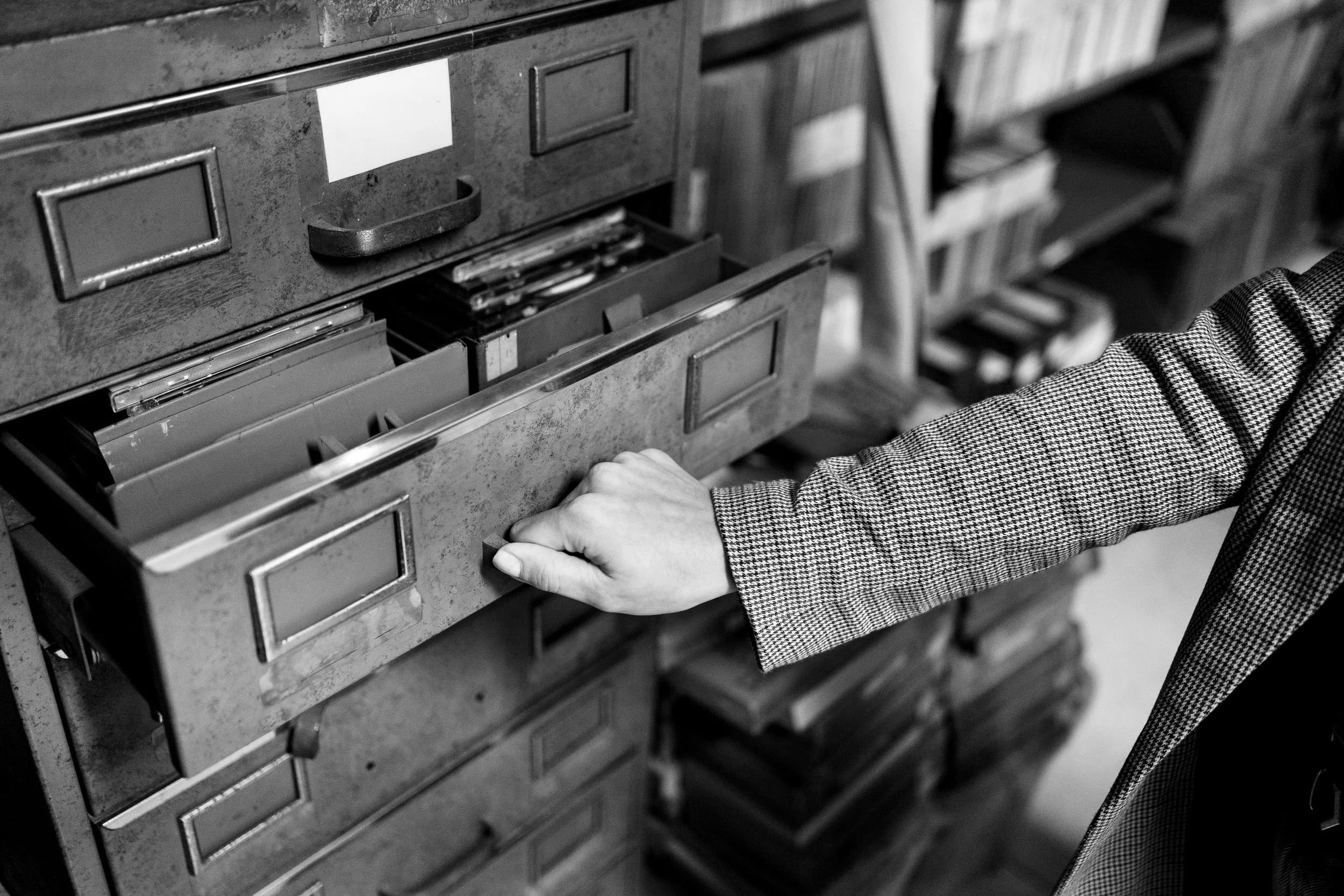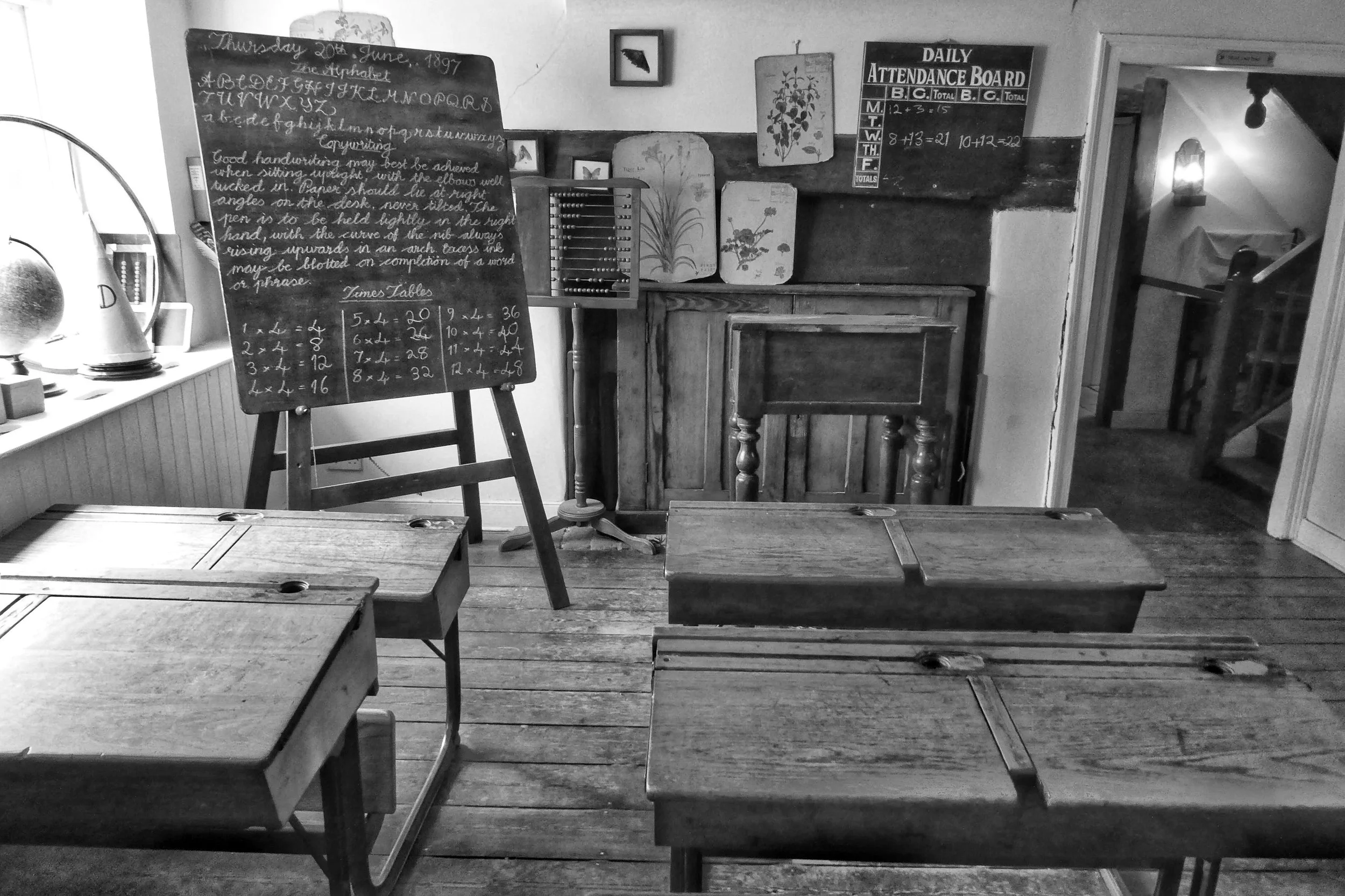

Learning to Love
Can you learn to love almost anything in your life? During college, Latin was one of my most dreaded subjects and so, when I was assigned AP Latin as one of my courses during my first year of teaching, I was less than thrilled.

Remember Your Future?
Remember your future? According to Chase Hughes, that’s sort of what you do. In this short video, he explains, “When researchers study imagination, they see something pretty weird. The brain uses identical neural networks to imagine the future that it uses to remember the past…”

Embrace Imposter Syndrome
You’ve probably heard of imposter syndrome. Perhaps you’ve even felt it yourself. People often want to avoid this feeling, but according to Arthur C. Brooks, sometimes imposter syndrome can be a good thing.

Writing People Off
Have you ever been guilty of writing someone off because of what it would take from you to engage? I certainly have. I’ve been challenged to be better by Johann Kurtz’s thoughtful book, Leaving a Legacy. The book was written as a response to a trend among the rich to boast about disinheriting their children and giving all their money to non-profits.

Soviet-Style
What can we learn from how the Soviets trained pushups? Quite a bit actually. The way that they would increase their max-reps for this exercise is counter-intuitive.

The Central Mystery
Why is there something rather than nothing? In a beautiful article about Being, Johan Kutz invites us to spend more time marveling at the fact of our existence.

Be Your Own Butler
“How can I change my discipline?” The human behavior expert Chase Hughes opens with this question in a short interview clip. Before giving a solution, he gives the following definition: “I define discipline as your ability to prioritize the needs of your future self ahead of your current self.”

Discover What You Blame
“While all truth is true, not all truth is helpful.” This thought-provoking statement is made by Jason Jaggard in his excellent book, Beyond High Performance. He is drawing a contrast between blame and ownership.

Your Personal Rorschach Test
Your flight is delayed. You spill your coffee. You are turned down for an interview. What if how you respond to these kinds of situations says more about you than about the situation itself?

How Are You?
Sure, the 3D images of burly Greek-god-esque warriors in this video on the Stoic secrets of magnetic communication are cheesy. Nevertheless, it raised something that continues to challenge me.

If-Then Vision
According to this short talk on productivity, using “if-then” language to define your vision for change is much more effective than typical goal-setting. In the study the talk cites, students who were hoping to exercise over Christmas break were divided into two groups. One group was asked to set goals and the other group was given “if-then” statements to define their routines.

You Are the 3.5%
How many people does it take to change a culture? In his book Beyond High Performance, Jason Jaggard tees up an interesting response with this hypothetical objection: “Jason, I’m only one person. How can I change my entire team, organization, or culture?”

“Well, Didya Learn from It?”
I find it fascinating to ponder this question: “What if I were to actually live out the lessons I’ve learned from my mistakes, big and small?” One of our mentors at Sól Recruiting, Coaching, and Consulting is a former turn-around CEO who has successfully transformed multiple companies over his career. He shared that one of his favorite questions for himself and for his employees is, “Well, didya learn from it?”

On Adolescence
This summer, I (along with 145 million other people) binge watched the gripping miniseries Adolescence. The premise is stark: a teenage boy murders a girl in his class after a spiral of rejection and online humiliation.

A Mark on Your Soul

This Is Your Training
100,000 hours. That is how much the average person will spend at their work over a lifetime. Jason Jaggard shares this information in his book Beyond High Performance.

A Porcupine on the Lap
One of our mentors at Sól Recruiting, Coaching, and Consulting is a former turn-around CEO who has successfully transformed multiple companies over his career. During a recent workshop he shared a great way of upgrading how we share problems.

Let’s Get Bored!
Most people avoid boredom. When I was little, one of my most frequent complaints to my parents was, “I’m so bored!” I always wanted to be doing something.

Fresh Eyes
When I directed high school Shakespeare productions, I had a different experience of the show than the rest of the audience. As the director, I knew the lines, the blocking, the jokes, and when these were missed or delivered imperfectly, I noticed and was frustrated.

Putting Things In Order, Shaking Them Up
Recently, I’ve had a season of joyful contentment and gratitude. I’ve been pondering what has changed, since the season before this one had more frustration and discontent.
